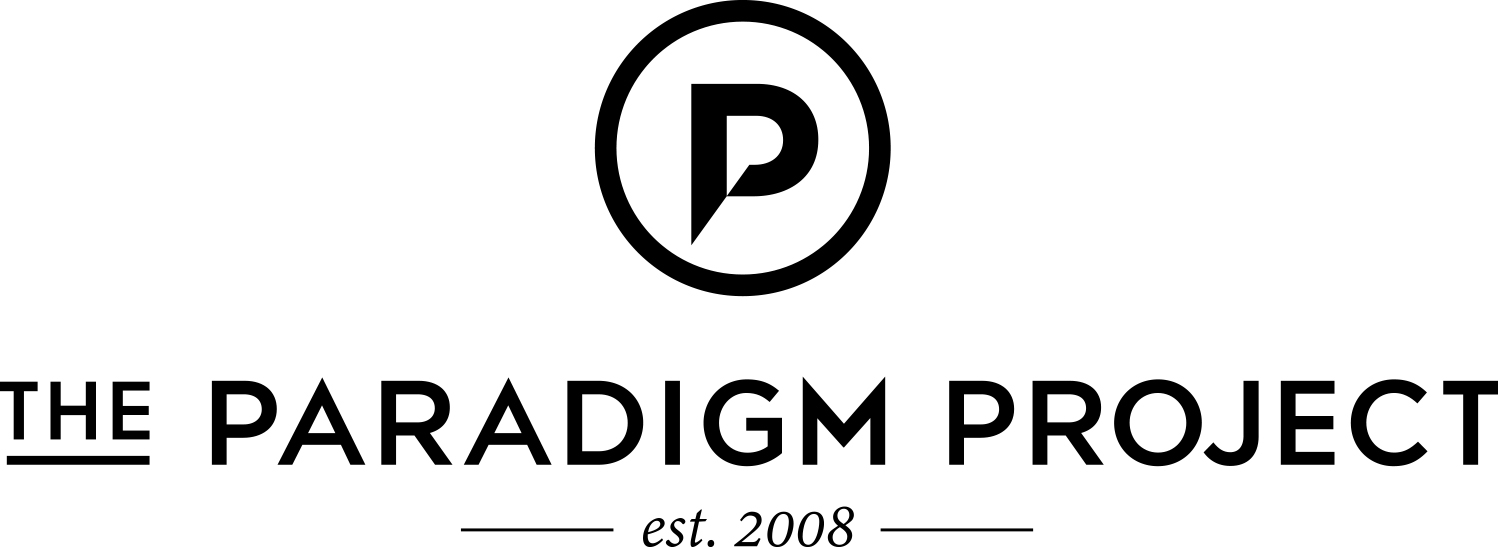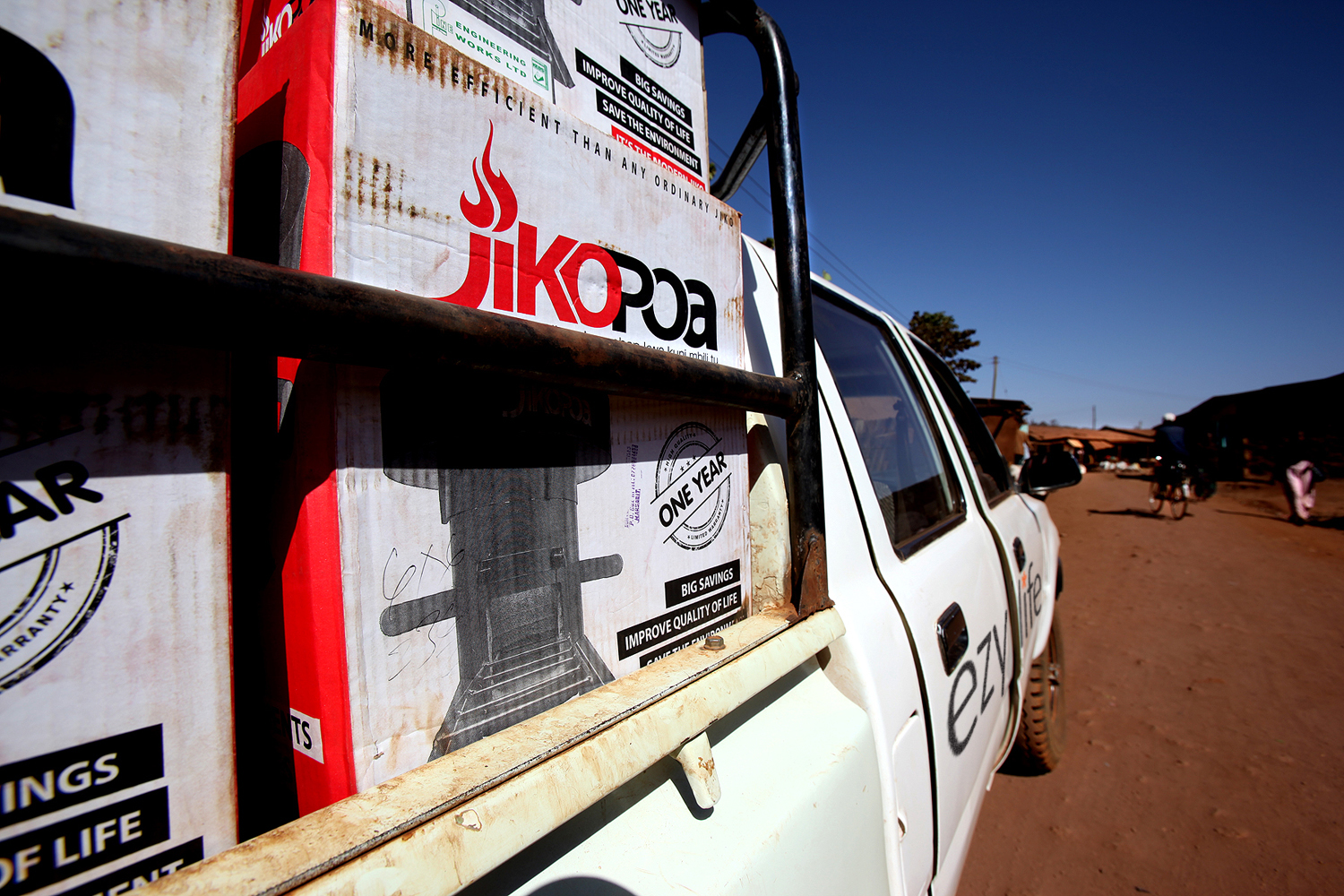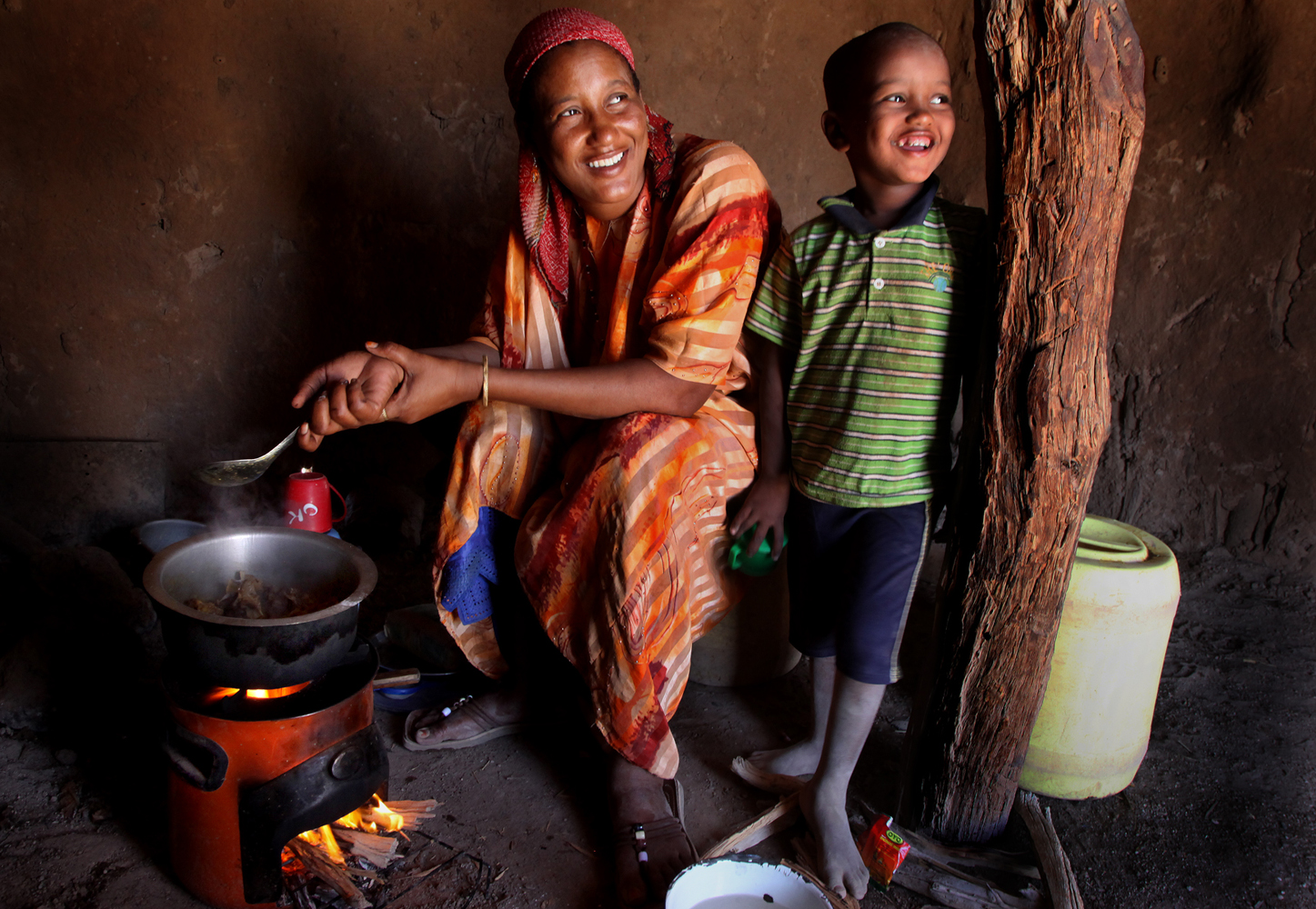



Intro
Intro
Pioneering new ways to address poverty
The Paradigm Project was created to positively impact poverty by proving that business can be leveraged as a tool for social good. We're a social enterprise that works with donors and investors to create scalable business models that deliver social, economic and environmental value within developing world communities. We’re pioneering the way poverty is addressed by bringing conscientious people like you together to deliver real impact, long-term sustainability and an opportunity for people to lift themselves out of poverty instead of trying to do it for them.
We invest
We use donations, grant funding, social investment and low-interest debt to invest in people and innovative ideas that can positively impact poverty at the base of the economic pyramid. By investing in the people we seek to serve instead of acting on their behalf, and in businesses instead of charity, we create sustainable solutions that grow over time without the need for continuous external funding.
We create
We use business as a tool to change lives by offering jobs and opportunities instead of aide. This creates a cycle of self-reliance and sustainability instead of dependence. Check out the first example of our work, a social franchise we've launched called EzyLife that manages distribution and sales networks to serve rural families with life-giving products like efficient stoves, water filters and solar lanterns.
We scale
We use your donations and purchases of carbon offsets to help scale our work around the world. Join us in making an investment in someone's future by purchasing Paradigm carbon offsets to neutralize your driving or flying carbon footprint. When you do, you are enabling us to expand our work into new countries and develop new businesses that can serve critical needs at the base of the pyramid.

Results
The
Business
of
Changing
Lives
Results
The
Business
of
Changing
Lives
We believe there's a better way to impact poverty
We launched The Paradigm Project in 2008 with the goal of finding better ways to positively impact poverty. Our first testing ground for this new social business model was an efficient cookstove project in Kenya, which has grown into a franchised social business called EzyLife that distributes stoves, water filters, crop inputs, solar lighting and other products in several countries around the world. The road between the first few steps in Kenya and opening new franchises in other countries has been long and hard and we’ve learned a lot of lessons along the way, many of which have made us smarter, better business partners and social entrepreneurs.
Why cookstoves? Learn more here.
We've also created some pretty outstanding results to date, including:
We’ve helped families save more than $23 million in income from reduced fuel use.
We’ve helped women save more than 12 million productive hours that would otherwise have been spent collecting wood.
We’ve helped communities save about 1.4 million trees from deforestation.
We’ve helped offset more than 400,000 tonnes of CO2 and invested more than $7 million dollars into the developing world.
Learn more about the numbers behind the numbers here.
We know we haven’t done this alone. At every step along the way we’ve had hundreds of donors, investors, volunteers, carbon buyers, fans and advocates step in and help us achieve these remarkable goals. We’d love to have you join us, too, in whatever capacity you can. Learn more about how you can support our work here.

Mission
Shifting
The
Paradigm
Mission
Shifting
The
Paradigm
What's in a name?
A paradigm is a broadly held set of beliefs that greatly impacts the way we see and experience the world around us. Often the greatest barriers to progress and innovation are simply the result of an inability or refusal to see beyond the current paradigm. When an ineffective model of reality dominates common thinking on a subject, a paradigm shift is usually the only way forward. That's who we are and why we took on our name—we want to challenge people to see poverty and think about the poor in new ways. The way poverty has been marketed to us in the states and Europe is misleading. Yes, there are people on the edge of survival who need our help in the form of charity. But this is about 20% of the global "poor". The large majority of the poor are proud, hard-working people who are looking for partnership and opportunity, not for a free lunch. The paradigm shift we all need to make is to move from seeing the poor as a helpless, homogenous group who need our help, to a diverse group of potential partners and customers who want the very same things for their families that we do for our own, and who are willing to work for it!
Mission (what we do)
We develop, fund and grow profitable social ventures that provide opportunity, reduce poverty and improve quality of life for low-income families in the developing world.
Vision (where we're going)
We want to start a revolution by redefining what it means to apply business solutions to social problems, and in doing so serve one hundred million people at the base of the pyramid.
Values (who we are)
We get stuff done: We accomplish amazing amounts of important work, focusing on impact and results, not process or tasks.
We embrace and drive change: We challenge the status quo and encourage new and better ways to work to make us smarter and more efficient.
We do the right thing: We are unashamedly ethical. We say what we mean and do what we say. We do what’s right even if it’s costly or inconvenient for us or the company.
We go the extra mile: We are passionate about the mission, the company, our colleagues and partners. We never give up on people or outcomes that we believe in no matter how hard the work becomes. We always do more than is expected or asked.
We do more with less: We treat the funds entrusted to us as if they were our own because we care about the people we serve and those supporting us in doing so.





